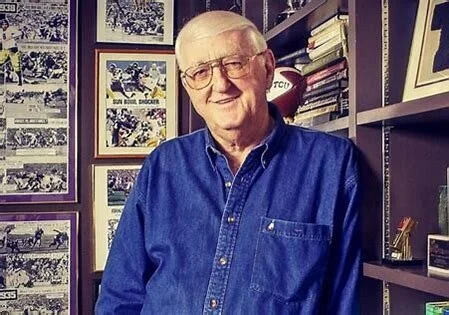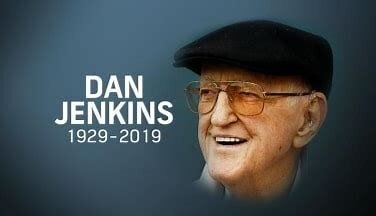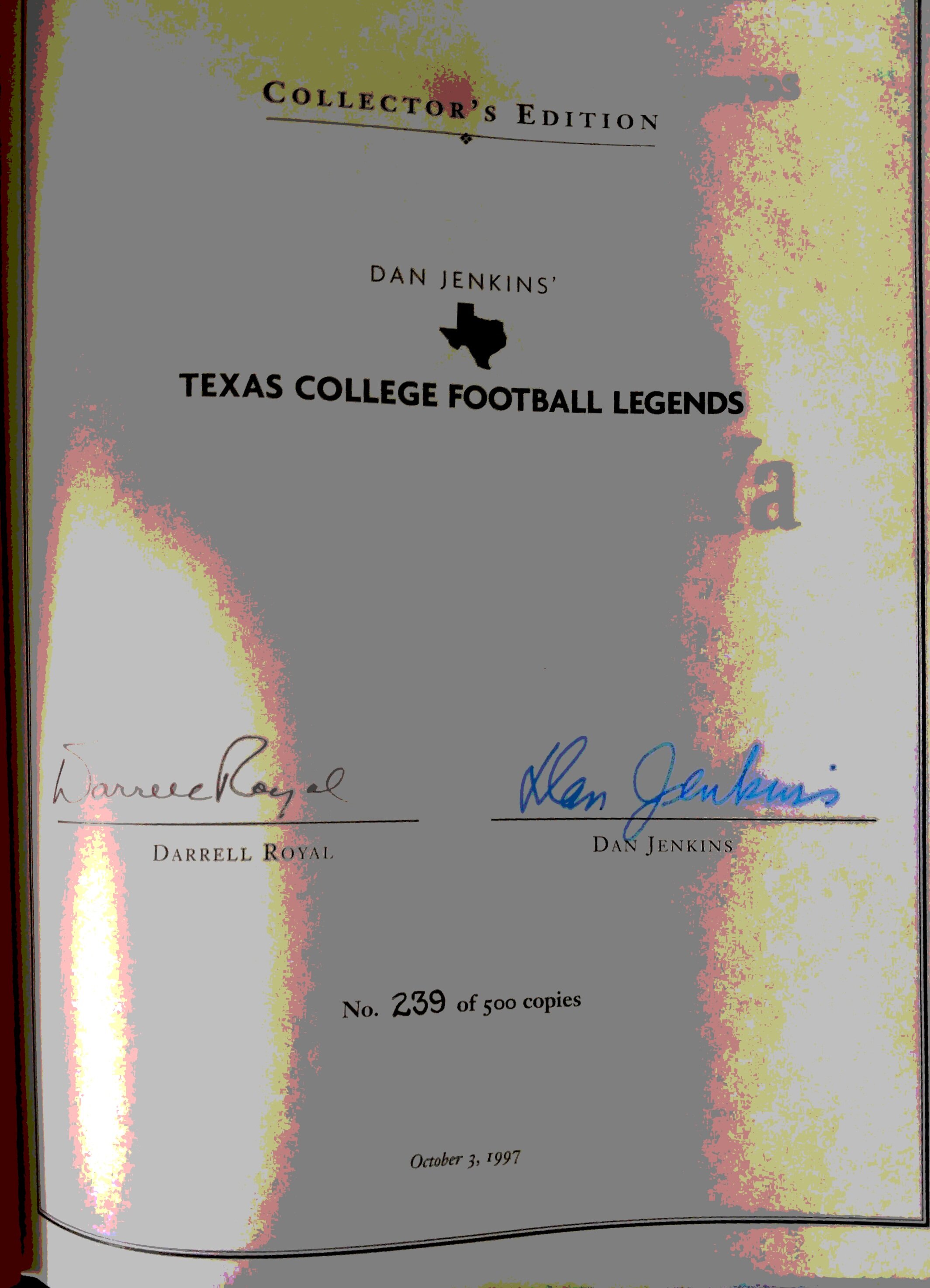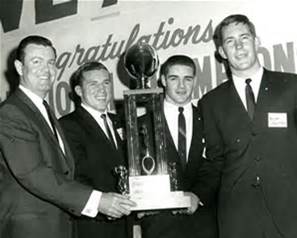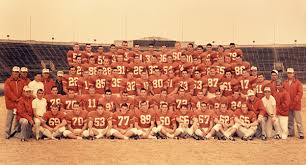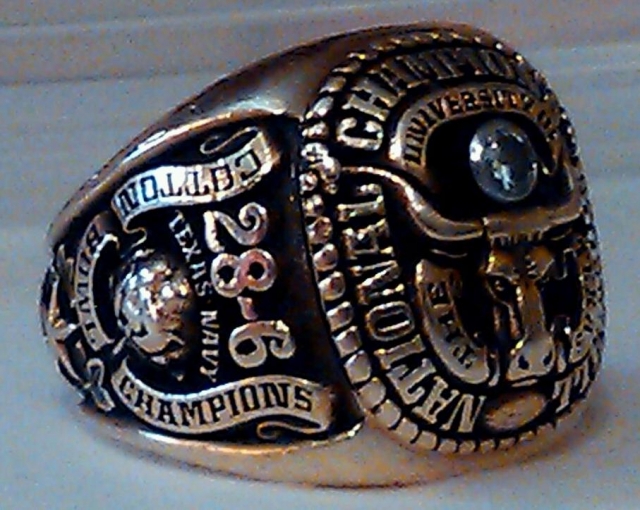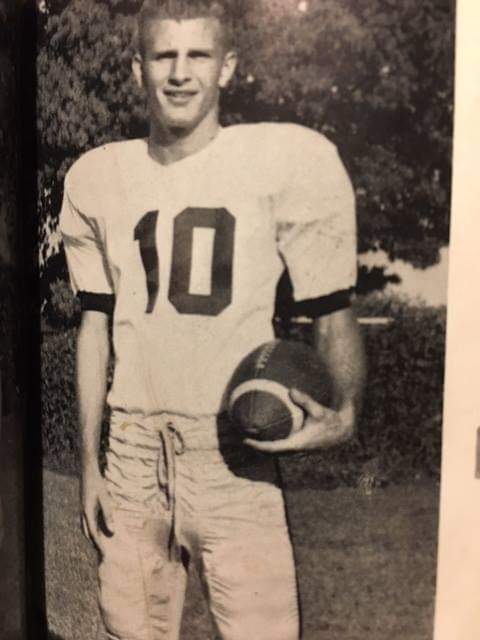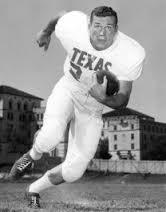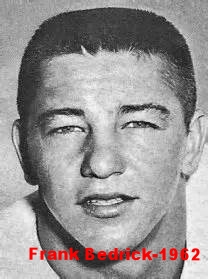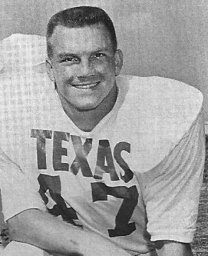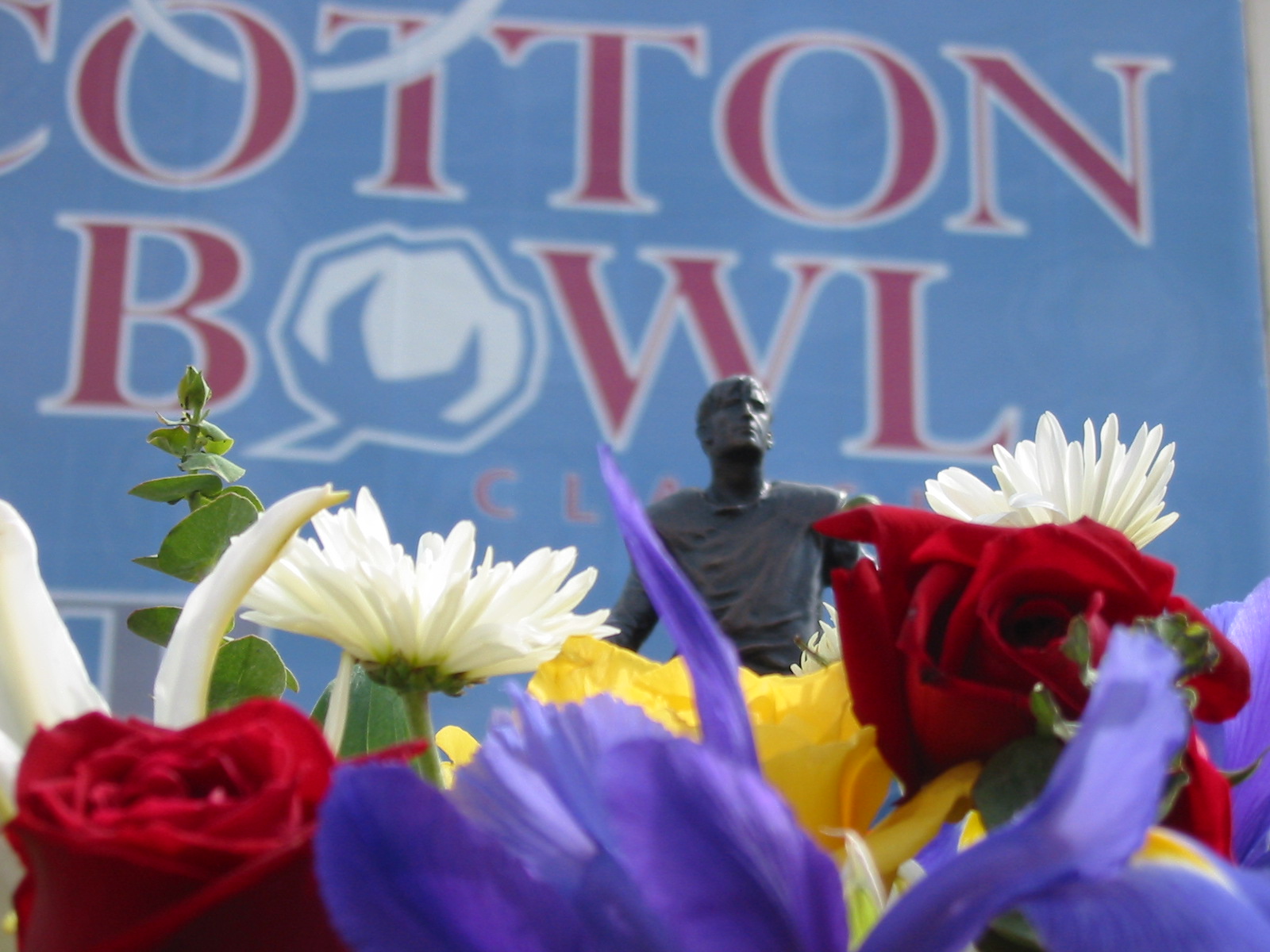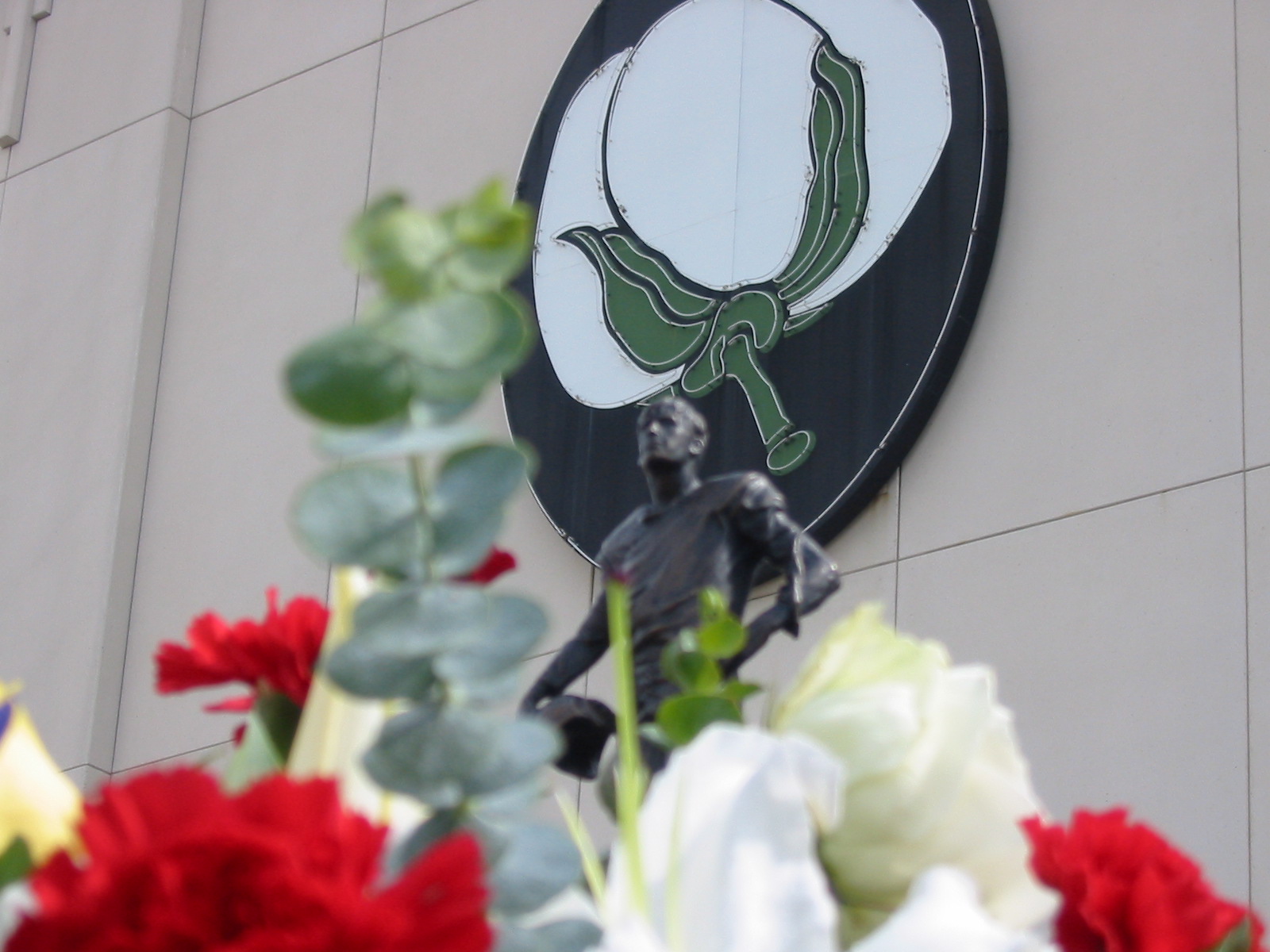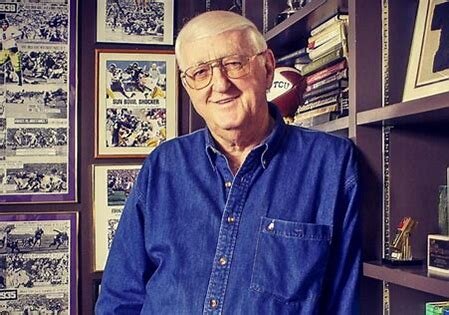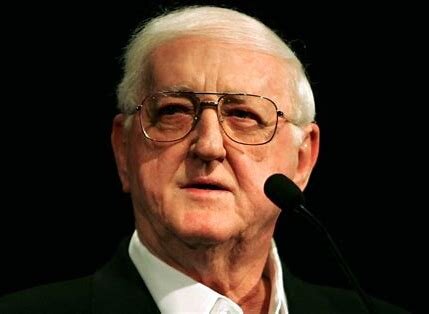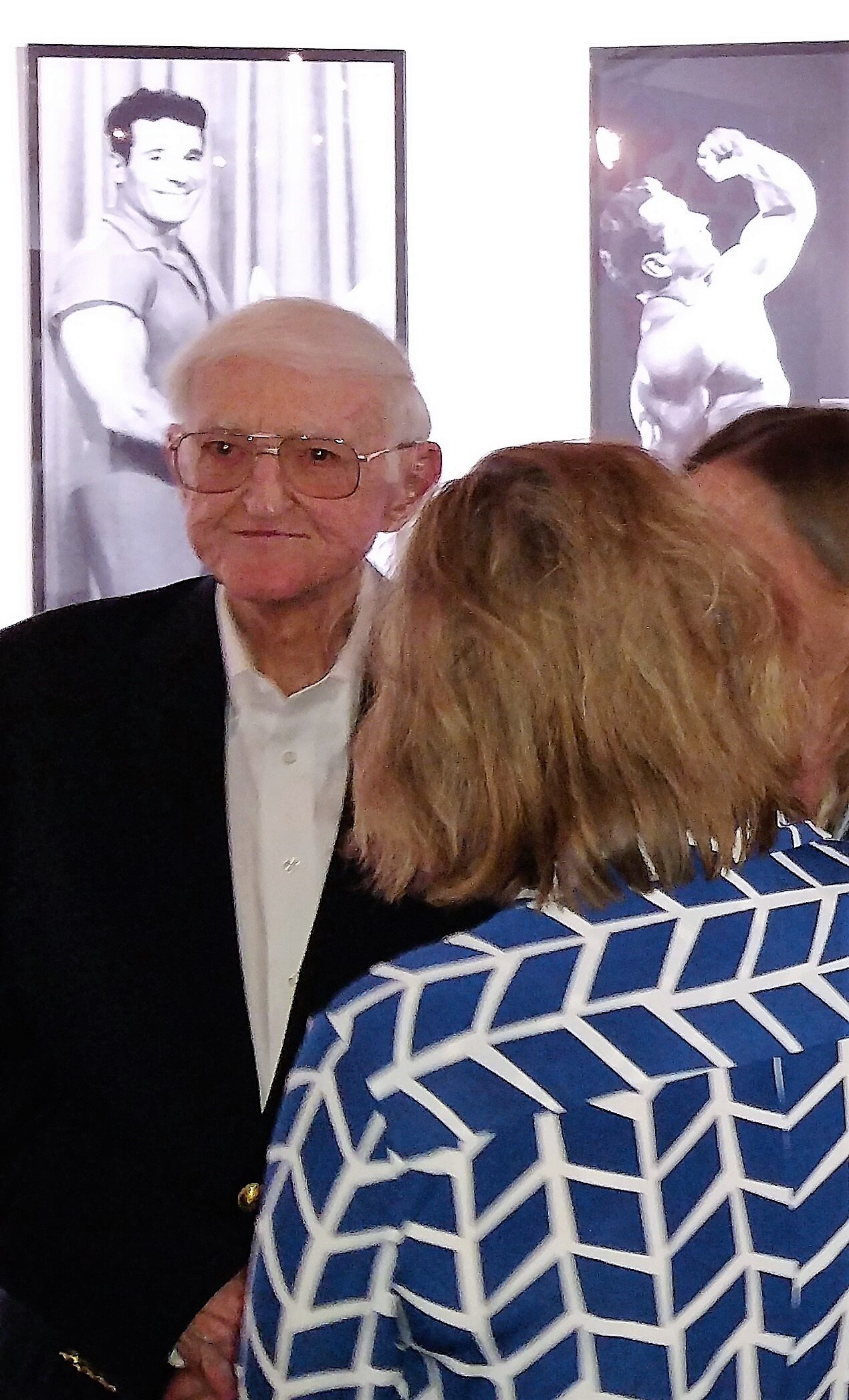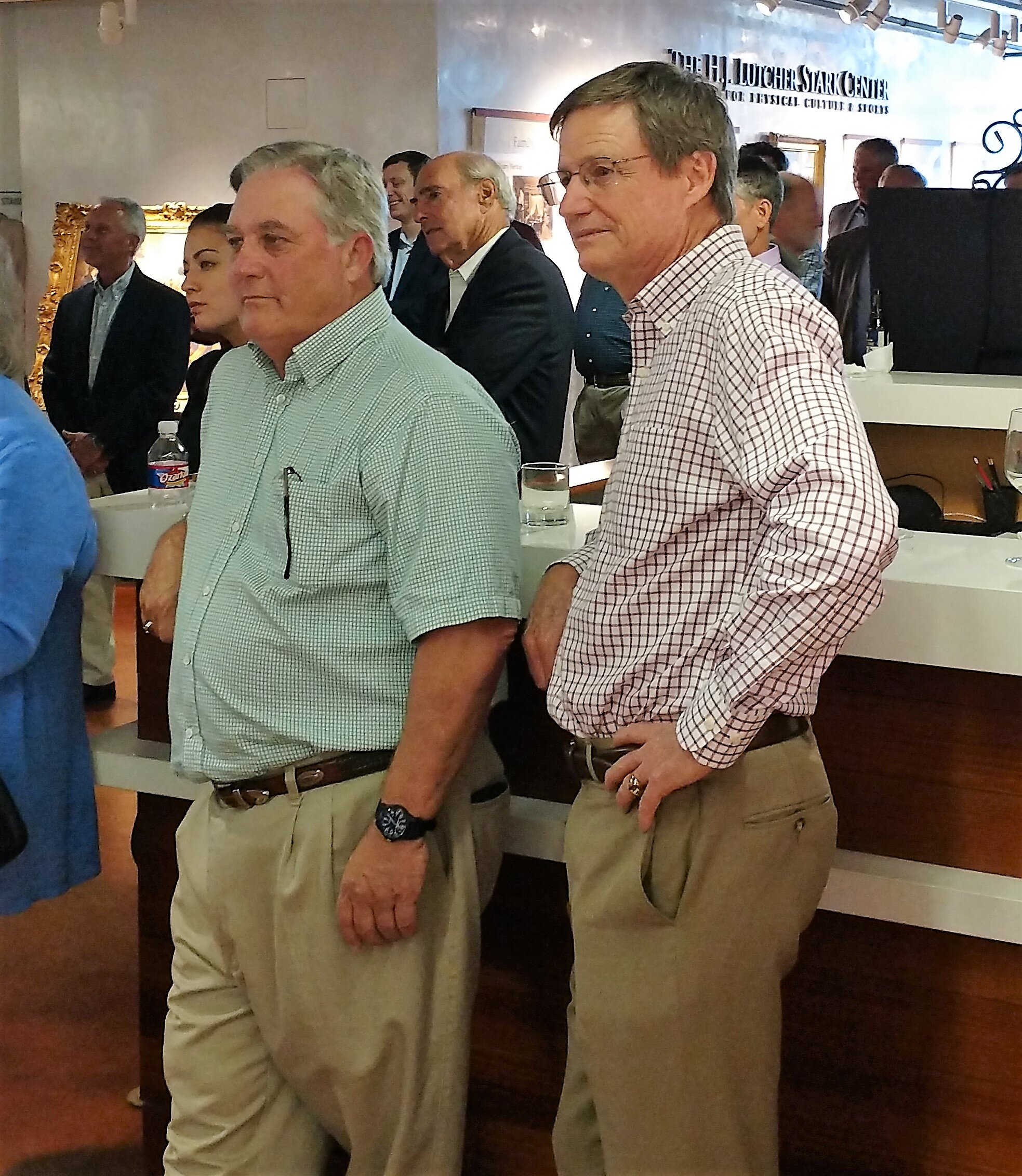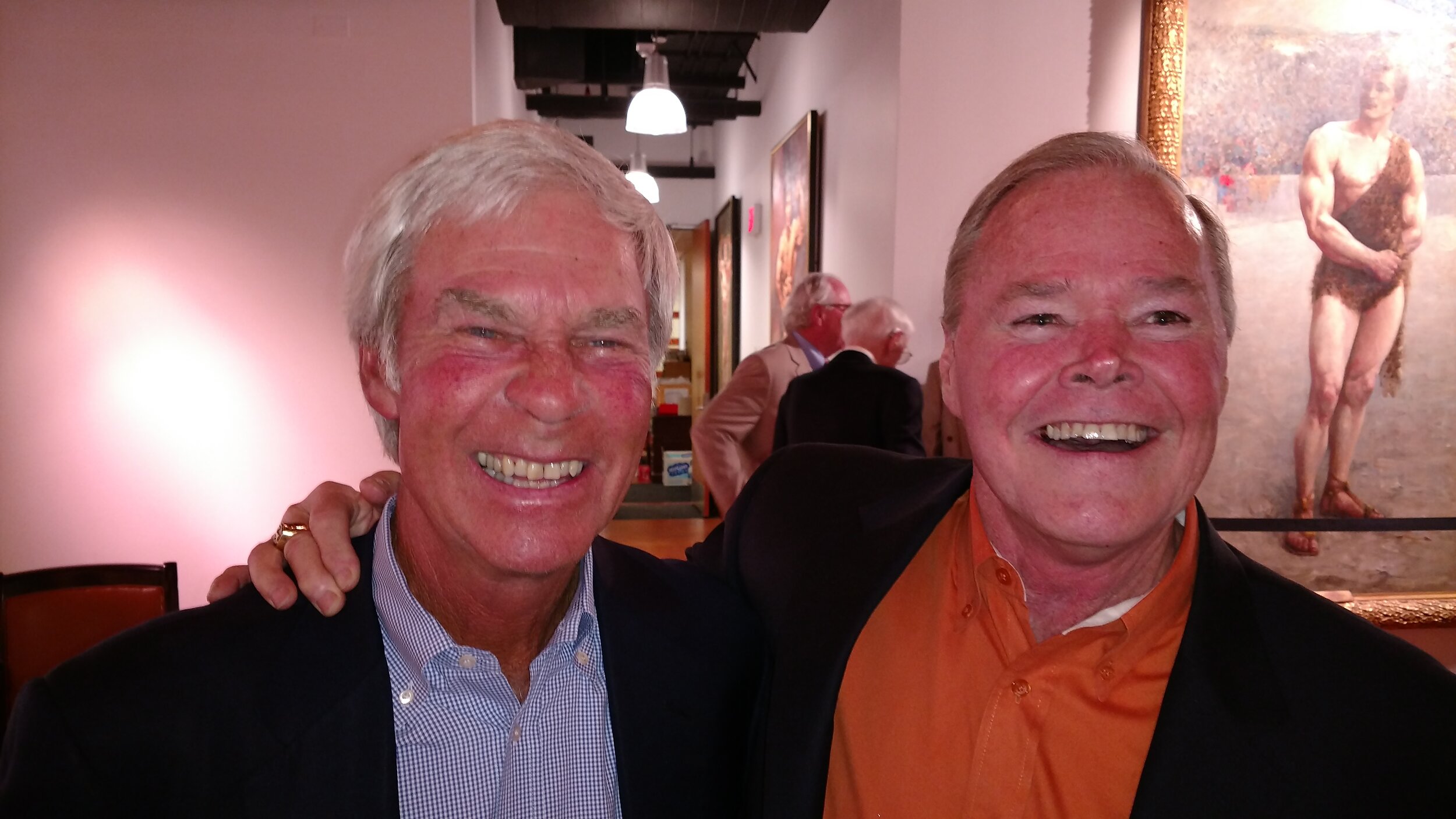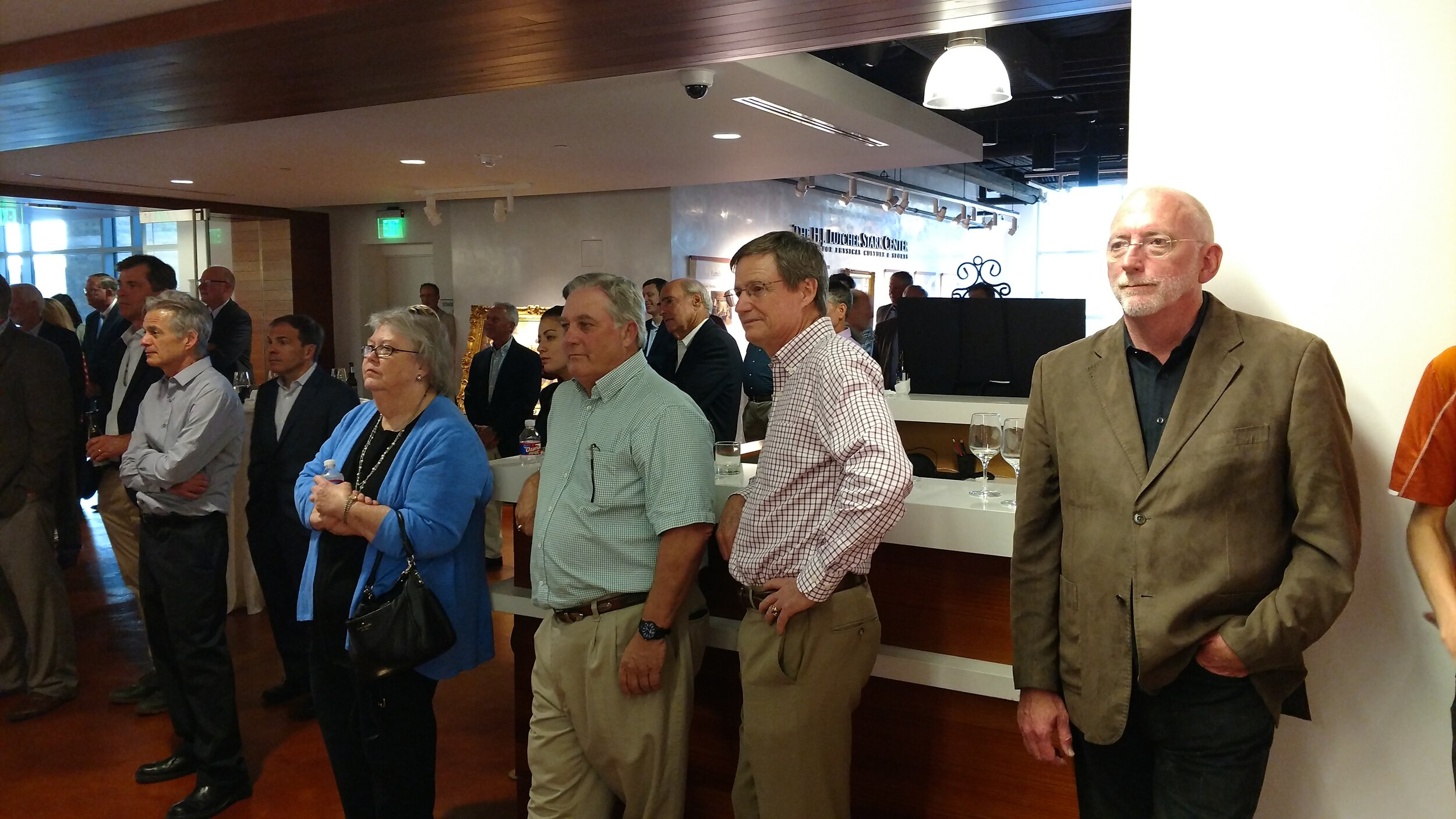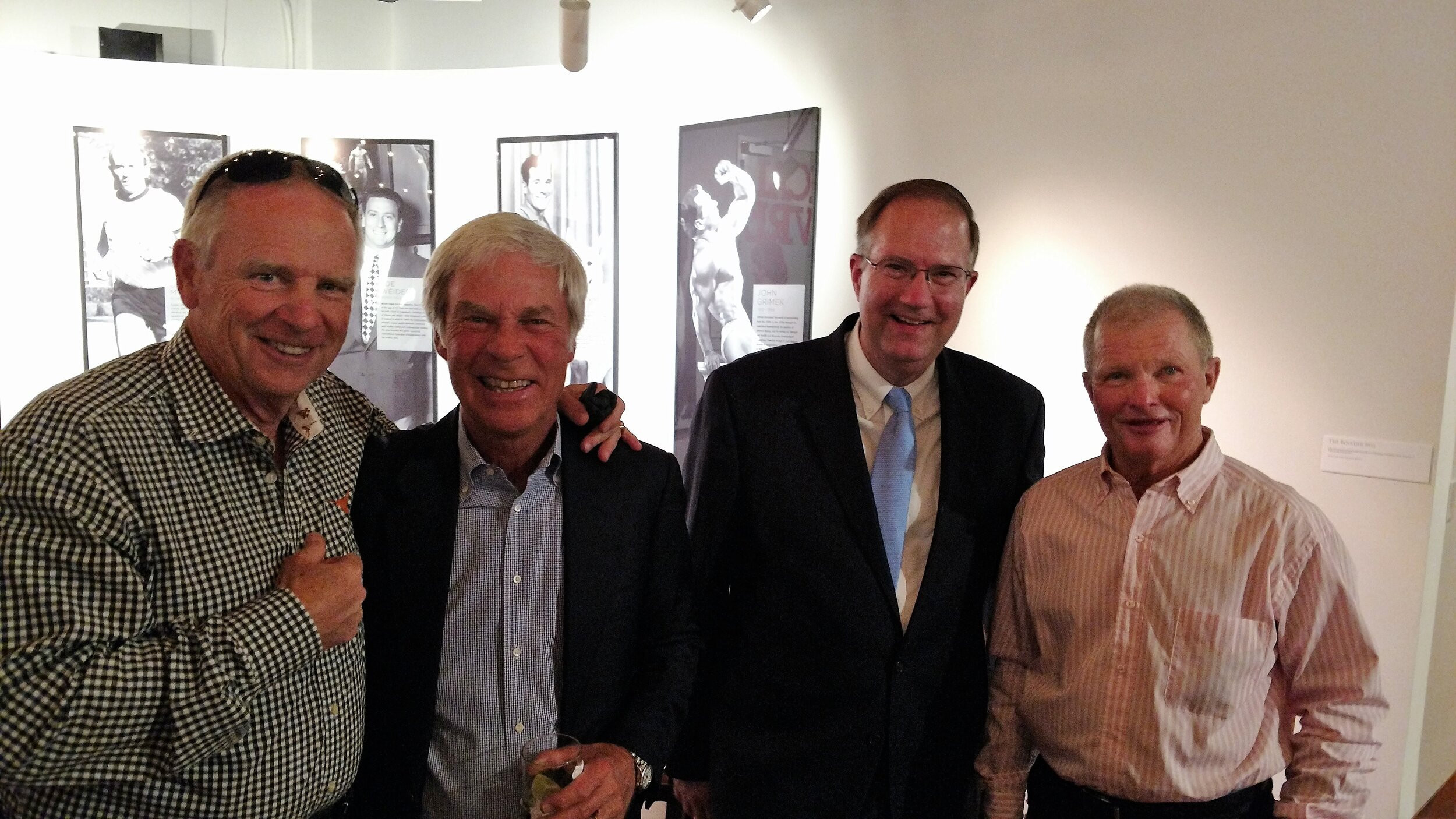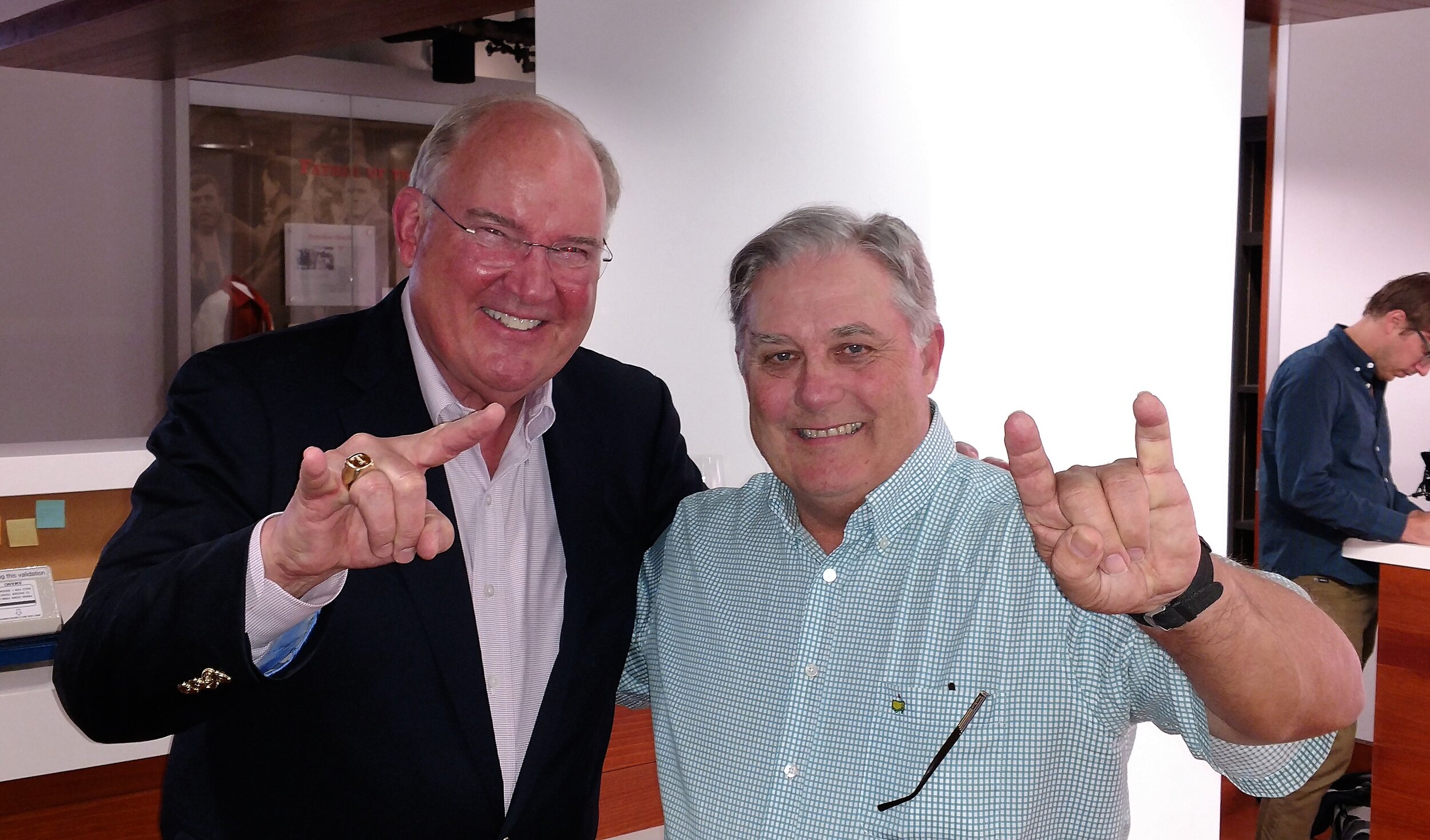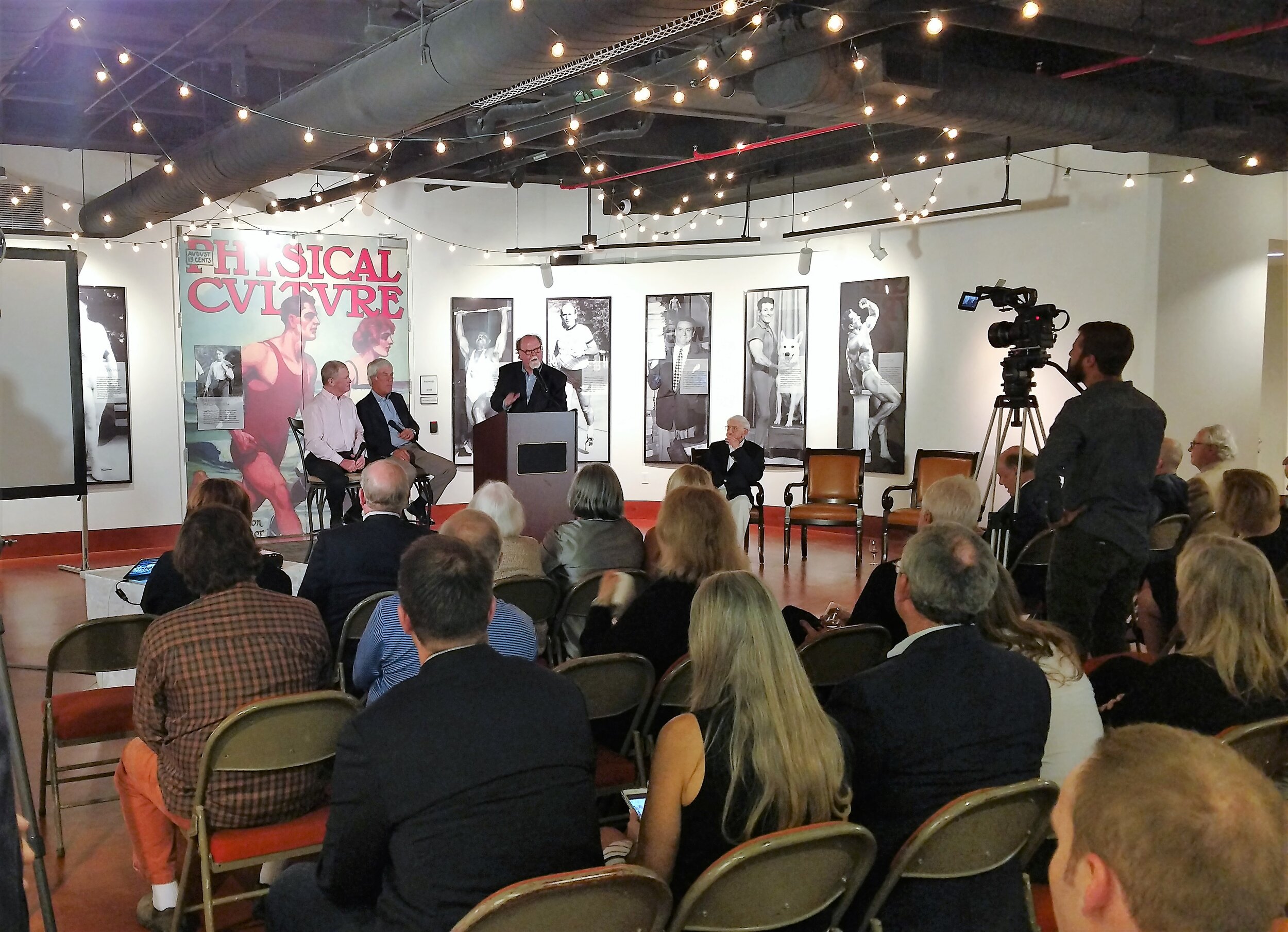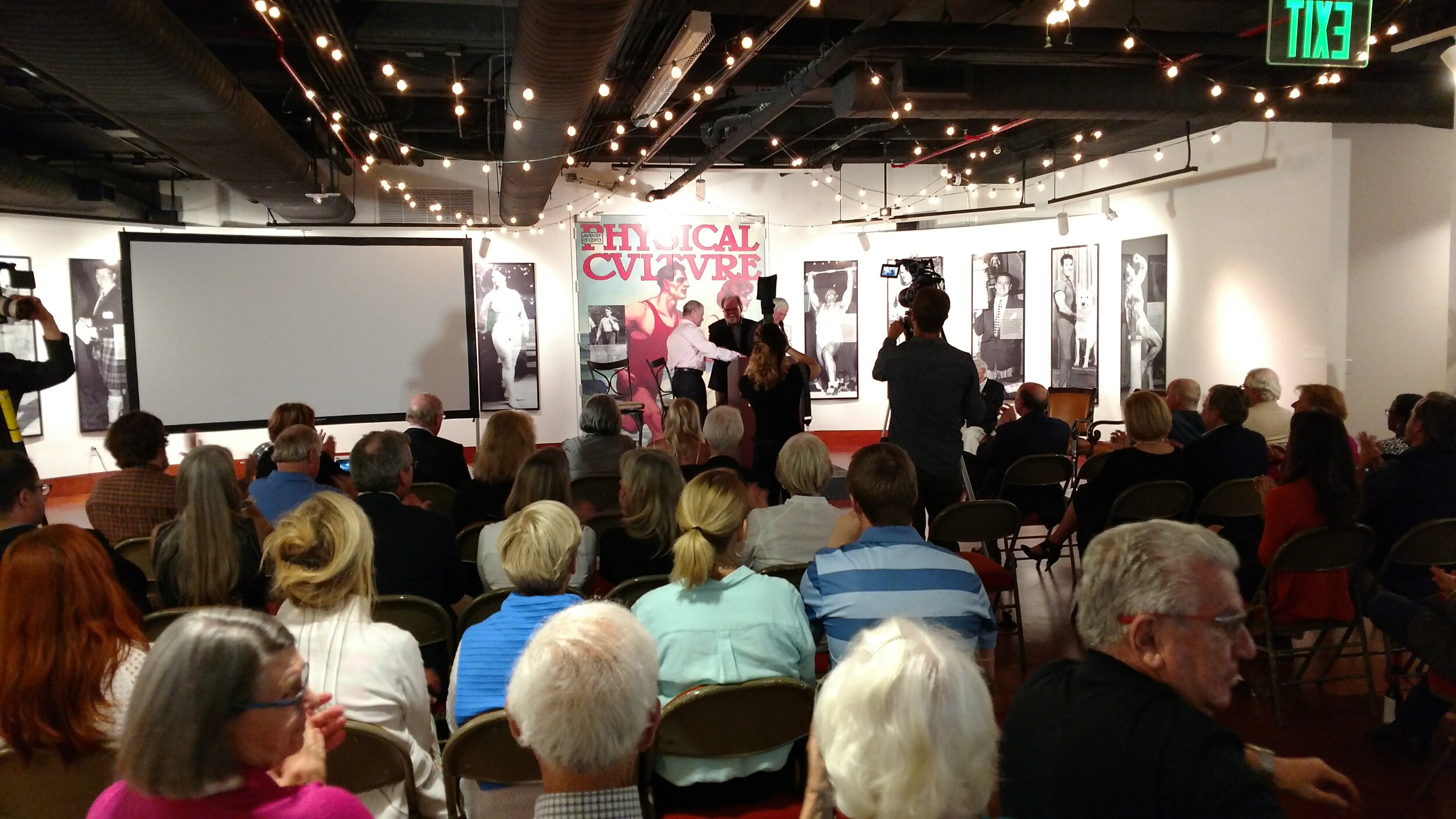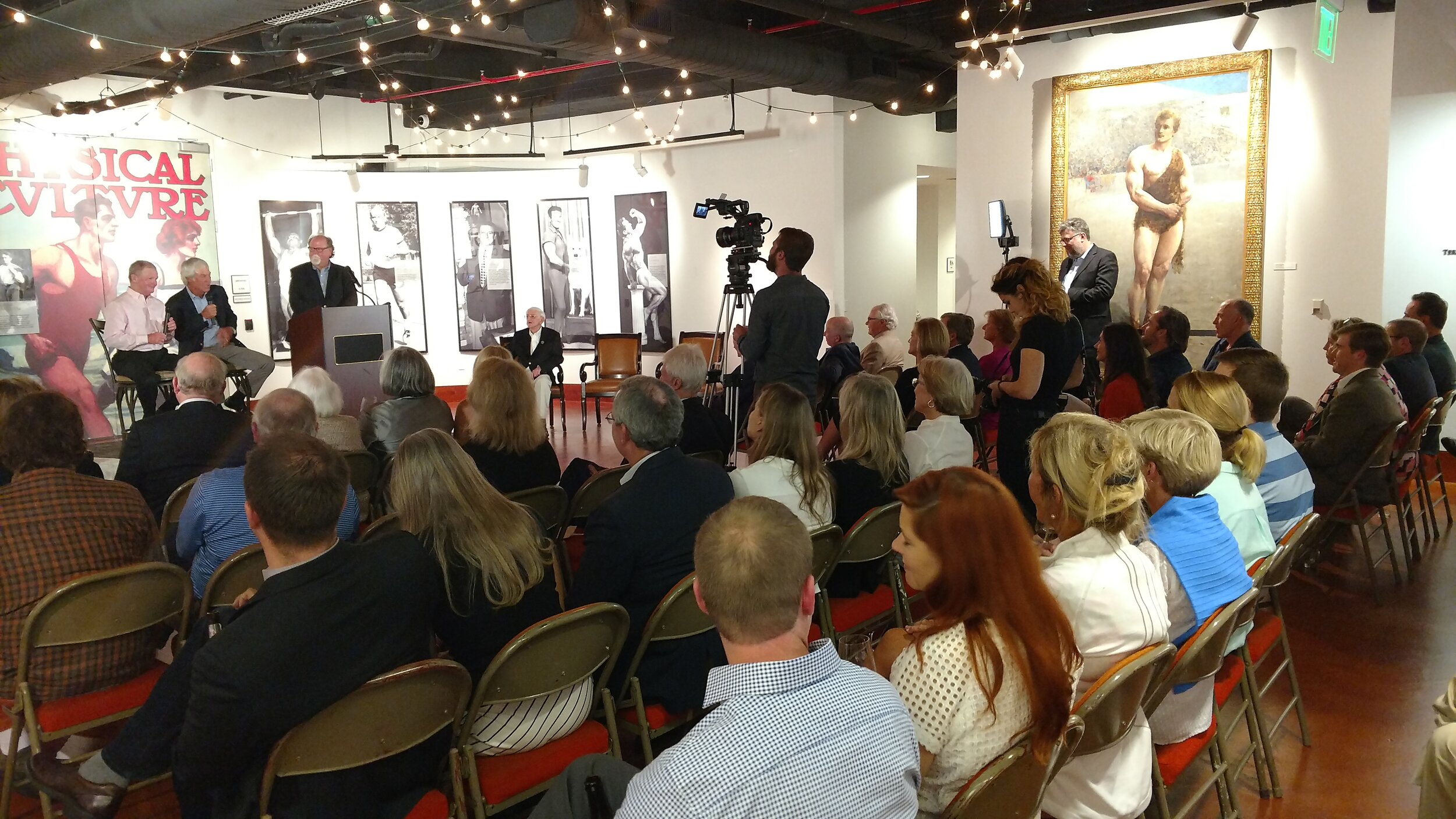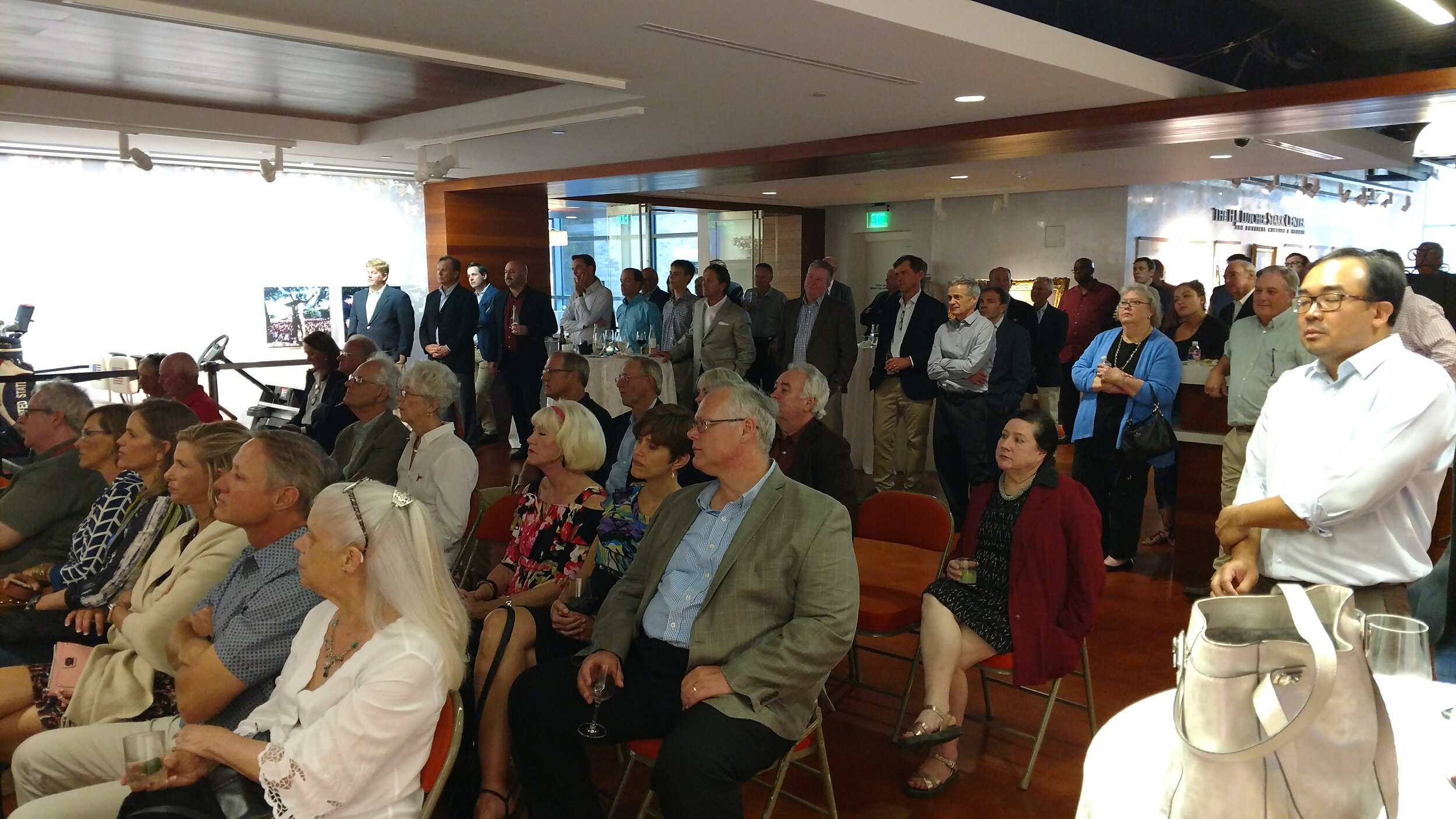This is part of an article in Sports Illustrated about the 1963 Texas-Oklahoma game By Dan Jenkins
Darrell Royal was revered in Texas even before he led the Longhorns to the 1963 national championship.
Neil Leifer/Sports Illustrated
In the latest SI 60, Dan Jenkins writes about a bunch of Texas football fans as they travel for a pigskin-fueled weekend.
By Dan Jenkins
October 17, 2014
In honor of Sports Illustrated's 60th anniversary, SI.com is republishing, in full, 60 of the best stories to ever run in the magazine. Today's selection is "The Disciples Of St. Darrell On A Wild Weekend," by Texas native Dan Jenkins. Though he had joined SI just the year before, Jenkins was already building a reputation as the nation's finest college football writer. In this piece he returns to his home state and tags along with some die-hard fans of the Longhorns -- some of whom just happened to be high school friends of his -- as they engaged in a weekend of partying and pigskin. It originally ran in the Nov. 11, 1963 issue.
"They got too much character to lose that game," Joe said about Texas as he browsed through the mail on his desk at the office, drank some coffee and talked on the phone. Like any loyal Longhorn, his preoccupation with the OU game was all-consuming. The other games, they were good ones, Joe Coffman felt, but his good health, he said, his well-being and welfare would be riding with the Longhorns. It was not a very good day for work.
"I got to think a Bloody Mary's the answer," he said, heading out to Colonial Country Club. There would be friends there, talking football, "getting down" (making bets), and the time would pass more quickly through the endless football arguments that take place in Colonial's 19th hole the day before the games.
"Hey, Coffman," someone called as Joe entered Colonial and headed toward a table. "What are the Sooners gonna do to those T-sippers?" Joe Coffman removed his sunglasses, postured with his fist raised like Mussolini and said, "We're gonna send those Okies back across the Red River, boys." He greeted a table of friends, ordered drinks and replied to every argument about the strength of Oklahoma's team with his message of the week:
"Have to win, boys. Too much character. We got too much character to lose that game." Several Bloody Marys later, Joe Coffman had got through the day. Now the long, exhausting—and utterly perfect—weekend began.
It is roughly 35 miles, or 25 minutes, by way of the toll road from Fort Worth to Dallas. The first stop on Friday night for Mary Sue and Joe Coffman and Pat and Cecil Morgan was Gordo's. Gordo's is to Dallas what the Cafe Select is to The Sun Also Rises. It is a tiny beer-pizza-steak-sandwich parlor across from the SMU campus. Through its portals stroll many of Dallas' prettiest girls, its brawniest athletes, its newspaper columnists, flacks, poets, politicians and anyone, in fact, who is in enough to know about the place or who likes the world's best pizza or steak sandwich or who wants Gordon West, the owner, to cash a personal check.
The dilemma of the visitor to Gordo's is what to eat. "I got to have a steak sandwich and a cheeseburger between two pizzas," said Joe. "It's all so good, I can't stand it."
"St. Darrell knows the rules," said Cecil.
The Friday night before the annual Texas-OU game is a night that Dallas must brace for all year long.
Even without another football game to further overcrowd the city, which considers itself a cultural oasis in a vast wilderness of oil workers' helmets and Levi's, the downtown area is declared off limits by every sane person, cultured or not. Throngs of students and fans gather in the streets, whisky bottles sail out of hotel windows, automobiles jam and collide and the sound of sirens furnishes eerie background music to the unstill night. Joe Coffman skillfully managed to commit his group to a post-SMU-game party (or pre-Texas-OU-game party) in the cultural suburbs, where the status symbols are a lawn of St. Augustine grass and a full-growing mimosa tree.
"Joe, are all of those funny people really going to be there?" Mary Sue asked as they drove out the Central Expressway.
Bobby Lackey
"Honey, I got no idea. All I know is, they said come on out and they'd give a man a drink. And I know a man who really wants one."
"What's the name of the apartments?" Pat asked.
"I got the address," said Joe. "That's all. It's one of those Miami-Las Vegas names. Every apartment in Dallas, I'll guarantee you, sounds like a Polynesian drink. The Sand and Sea, or the Ski-Sky-You, or something."
"I think it's The Antigua," said Cecil.
"Well," said Joe, "that figures."
Through the night the party was both visible and audible before Joe parked the car. People were standing on the lawn, sitting on the steps of other apartment units or gathered around a clump of trees. The door was open. A Ray Charles twist record poured out. Inside there was a curious mixture of "stewardi," as Joe described the girls, along with SMU fans, Texas fans, Oklahoma fans, Dallas Cowboy fans, Dallas Cowboys, bartenders, musicians, entertainers from the city's private clubs, models and artists.
Joe observed the crowd and turned to Cecil and said, "Go anywhur, do anythang." And they inched toward the bar.
Joe saw a man he had been with in the Army. Mary Sue saw a girl friend she was supposed to have met at the game. Cecil calmly studied the wall. On it were a Columbia pennant, a bizarre unidentified animal's head with a sign hanging around it that read, "Joe Don Looney," a bullfight poster and a hand drawn sign that proclaimed, "If the Lord Didn't Want Man to Drink, He Wouldn't Have Give Him a Mouth." In the bathroom hung a replica of the Mona Lisa. Joe saw an old fraternity buddy from Austin, an SAE. "Sex Above Everything," said Joe, shaking hands. Somebody said Henny Young-man had been there but left because nobody wanted to talk to him. Somebody said strippers were coming over from The Carousel club. A man who kept introducing himself as "Sandy Winfield" and "Troy Donahue" said it had not turned out to be a bad party, considering he had not called anyone. No one ever found out who lived in the apartment.
Joe Coffman was making coffee at home by 7 a.m. Saturday morning on four hours' sleep. He stared blankly at the Fort Worth morning Star-Telegram, which had the starting lineups for the Texas-OU game, and said, half to his sons and half to the western world, "They outweigh us, but we got too much character." By 9 o'clock he was dressed and ready, except for his lucky cuff links. "Tell you one thing, honey," he said. "If I can't find my cufflinks, there's gonna be more hell raised than there are Chinamen." Mary Sue went to a drawer and got them. "You just won the game," said Joe.
Everything moved briskly now. Joe took the 6-year-old, Bobby, to a party, and arranged for him to get home. Cecil called and said he was on the way with the car already gassed up and the beer iced down. Joe told him the sitter was due about the same time. It was Eva Mae, he said. "All I know is, she's the head pie lady at Paschal High. Bakes 20 to 30 a day." They hung up, laughing. The two couples were on the road at 10 a.m.
Cecil was plugging along nicely on the toll road when Pat reminded him that he was going 80 mph. The speed limit is 70.
"Can't get there too soon," said Joe. "Got to go hear Hank Thompson. He's always singing on the fairgrounds at noon."
"Yeah," said Cecil. "That's about like you common people from Fort Worth. You lack them hillbilly sangers."
Said Joe, "Can't beat it. Drink beer, listen to old Hank and then warp the Okies. Perfect day. I had to have about $50 worth of that 5½ points."
"Did you bet, Joe?" said Mary Sue in a concerned voice.
"I 'magine."
Mary Sue looked out of the window.
"We're gonna warp 'em," said Joe. "Guarantee you St. Darrell's gonna drown 'em. Too much character. I don't care who they got. Joe Don Looney. Jimmy Jack Drunk. Anybody. They don't have Scott Appleton. They don't have Tommy Ford or Mr. Duke Carlisle," he said, referring to Texas' finest players: Appleton, the brilliant tackle; Ford, the swift, chunky tailback; and Carlisle, the resourceful quarterback who prefers to run rather than pass.
Mary Sue and Pat opened the beer, and Joe and Cecil sang a parody on a hillbilly tune: I don't care 'bout my gas and oil,/Long as I got my Dare-e-ull Royal,/ Mounted on the dashboard o' my car.
They sang it several dozen times until the Cotton Bowl traffic slowed Cecil to a creep along Grand Avenue, one of the main entrance streets. "Joe, baby," Cecil said, "we're gonna have to sell the car, 'cause we got no place to park it."
"Keep goin'. We're gonna get in a lot right up here."
"No chance," said Cecil, observing maybe 5,000 parked cars.
"Go on," Joe said. "I'm gonna show you how to ease right on in. Keep goin'. Keep goin'."
Joe said, "Right there! That lot right on the corner, just across from the main entrance. Right there, Cecil, where it says, 'Full House.' "
Cecil turned in amid the frenzied waving and shouting of parking-lot attendants, but Joe leaned out of the window and hollered, "I got a five and a cold beer, podna, if you'll let us in."
Parking was no problem.
The Texas State Fairgrounds on the day of the Oklahoma game are no more crowded than the recreation deck of any ordinary troopship. The ground seems to sag from the weight of hundreds having picnics. "Fried chicken, boys," said Joe, pushing along a walkway and observing the people sprawled on the lawn. "Two necks and a back and a piece of cold bread."
"And some black French fries," added Cecil. "Best meal they ever had. Boy, it's fun."
They stopped and bought six beers, two extra, and finally the voice of Hank Thompson greeted them as they came near Big Tex, the giant cowboy statue that is emblematic of the fair and would make fine kindling wood. Hank Thompson was singing a familiar hillbilly ballad that went, "We got time for one more drink and a...six-pack to go." Joe and Cecil whooped.
By prearrangement, the Coffmans and Morgans had planned to meet Joe's sister, Shirley, and his brother-in-law, David Alter, to straighten out the ticket situation. Joe had decided that Mary Sue and Shirley would sit in the end zone while he and David would take the two seats on the 50-yard line. Joe thought that seemed fair enough, and no back talk. Cecil and Pat had their own tickets. The Alters arrived, and Joe acknowledged them with, "Too much character, boys. We got too much character to lose that game." Several beers and Hank Thompson songs later, they were moving into the Cotton Bowl, again singing, I don't care 'bout my gas and oil, I Long as I got my Dare-e-ull Royal,/Mounted on the dashboard o' my car.
The Texas-Oklahoma game is one of the maddest spectacles of sport. This was the 18th consecutive sellout of the series, with 75,504 seats of the stadium crammed with the throatiest, most enthusiastic partisans in football, evenly divided between Texans and Oklahomans. Regardless of the team records, the excitement is there each year; the game matches state against state, school against school, fraternity against the fraternity, oil derrick against oil derrick. Some rooters become so emotional that they can see only black on the other side of the field. One who did this year was Fullback Harold Philipp of Texas. Before the game, talking about the Texas boys playing on the Oklahoma team, he said: "Why that's just like somebody from the United States playing for Nazi Germany." During the game, an immense roar wafts up from the stadium on every play, and the two large bands play Boomer Sooner, the Oklahoma fight song, and Texas Fight, the Long-horns' song, an innumerable number of times, always to the accompaniment of a cheering, jeering mob of singers. Occasionally fights break out in the stands.
The game did not provide any opportunities for Joe Coffman to fight or officiate or complain. Texas was better than even he had expected and simply swept Oklahoma away, winning 28-7. Joe still managed several excuses for leaping cries of, "Hook 'em Horns," but mainly he occupied himself with pointing out to David Alter some of the more subtle, polished tactics of Darrell Royal's second-and third-teamers. Every time Oklahoma's Jim Grisham, a superb fullback from Olney, Texas, carried the ball, Joe hollered, "Get that turncoat!" And when an OU fan near him would yell encouragement to the Sooners, Joe would quietly remark to his brother-in-law, "Jimmy Jack Drunk back there thinks he's still got a chance to win."
Later, in the usual postgame playing of The Eyes of Texas by the Longhorn band down on the field, Joe stood silently, proud, pleased, and even touched that his team had been so great on the big day. "That song chokes me up every time," he said, forcing a grin. "Man, Dare-e-all had 'em hot today. You know what Joe Don Looney got? Mr. Scott Appleton gave him zip. Shut him out."
All-America running back Tommy Ford helped No. 2 Texas roll past No. 1 Oklahoma, 28-7.
Neil Leifer/Sports Illustrated
Joyful cries of "Hook 'em Horns" were billowing out of the apartment in North Dallas, the good side of town, or rather, the only side, when the Coffmans, Morgans, and Alters got there. Unlike the party the night before, this one was strictly for Longhorns. Platters of ham and turkey were laid out on a table. A bartender in the kitchen was mixing drinks and opening beers as fast as possible. Wives and girlfriends congregated on the sofas. The men pushed into the kitchen and spilled out onto a balcony, drinks lifted, in a continuous toast to Dare-e-ull Royal and Scott Appleton and Duke Carlisle and Tommy Ford and to the memory of college days at Austin. "Hey, Cecil," called Joe. "Just got the score. Florida beat Alabama!"
Cecil slumped back in a chair, laughed heartily, and said, "All I know is, Texas is No. 1, 2, 3 and 4."
After a while, Mary Sue quietly asked Joe if, in the light of the Texas victory, he still intended to drive to Waco for the Baylor-Arkansas game.
"They're still playin', aren't they?" said Joe.
"Well, we'd better do something about dinner," said Mary Sue.
"Get after that turkey and ham," Joe nodded. "Tell you what. Make up some sandwiches and grab six or eight beers out of the icebox and we're gone."
08.07.2013 | Bill Little Commentary- Texassport.com
Bill Little commentary: The road to No. 1 (as told by Dan Jenkins)
Following the Longhorns’ strong seasons of 1961 and 1962, Texas drew a lot of attention as the autumn of 1963 approached.
Bill Little's note: Following the Longhorns' strong seasons of 1961 and 1962, Texas drew a lot of attention as the autumn of 1963 approached. But while prognosticators across the country generally had UT among their top ten teams nationally, only one publication actually crawled out on a limb and picked Texas as No. 1 in the country in the preseason.
In the early 1960s, arguably the greatest collection of sportswriters ever assembled were coming out of Texas. Among the leaders was Dan Jenkins, a young TCU alum who had risen from the star-studded sports staff of the Fort Worth Press (which produced several of the top sports journalists in the business) to become the lead college football writer for Sports Illustrated -- the nation's premier sports magazine.
In the magazine's college football preseason issue in 1963, Jenkins tabbed the Longhorns as the eventual national champions.
Since that time, Jenkins has gone on to become one of the most famous sports authors in the country, publishing best-selling books and memorable newspaper and magazine articles. This coming January, Doubleday Books will publish Dan's latest book. We asked him to tell us a little about why he chose Texas No. 1, and this was his response.
Dan Jenkins pontificates
Dan Jenkins says “much of what you ask about the '63 Horns is in a chapter of my new book that will be out sometime after the first of the year. It's called "His Ownself: A Semi-Memoir." It's basically a journey through the Fort Worth Press, Dallas Times Herald, SI, Playboy, and Golf Digest.
But without giving much of it away, allow me to babble a moment.
When I got to SI in 1963 and was made the college football writer, the magazine had not done a pre-season forecast in three years. This was because Herman Hickman followed by Red Grange had never made a decent prediction -- ever. One example: In Hickman's last year he picked Baylor as a national contender and the Bears went 3-6-1 and SI had suffered much embarrassment.
Thus, my picking Texas had a lot on the line for me personally. When I called Darrell [Royal] to tell him I was picking him No. 1, he said, "Have you looked at our schedule?"
I said, "Of course."
He said, "Then you know we play Oklahoma and Arkansas back to back and on the road."
I said, "I noticed that."
2017 Stark Center celebrated Dan Jenkins, Ben Crenshaw, and Tom Kite.
He said, "Good. I was afraid you might have lost your eyesight."
He went on to say, "Everybody we play, their eyes are gonna be rolled up like BBs, and they're gonna come at us like real angry people."
I said, "Coach, that's how your team plays, and it's why I'm picking you No. 1."
When I covered OU beating USC the second week of the Los Angeles season, the Sooners' Joe Don Looney and Ralph Neely and others almost gave me a medical condition.
"What have I done?" I asked myself. But after suffering a lot of pregame ridicule from various colleagues, the Horns turned the OU game into a laugher, and I thought I might be home free.
My biggest sweat was the Baylor game later on. I'd made it even worse when I quoted Darrell in an earlier piece saying, "Baylor has no football tradition to brag about, and their fans are the kind of people who wear green socks."
So, of course, 20,000 Baylor fans showed up in Memorial Stadium wearing green socks, and Don Trull and Larry Elkins made Darrell's life -- and mine -- miserable for four quarters.
I stood with Jones Ramsey (Texas' Sports Information Director) in the press box when Baylor made that 78-yard drive in the last moments down to Texas 19-yard line, with the Horns holding dearly to a 7-0 lead.
Jones was a lot sharper in the moment of decision than I was. A few seconds after Duke Carlisle came from 12 or 15 yards away to make that leaping interception in front of Elkins in the end zone -- greatest interception in UT history -- Jones said, "Like Darrell says, three things can happen when you throw a pass, and two of 'em are bad."
I wasn't hoisted on shoulders and carried down the hall at SI for being a genius until the Horns beat Navy in the Cotton Bowl.
Obviously, that national championship wasn't as much fun for me as it was the UT players and coaches. Still, for a rookie prognosticator and lowly sportswriter, it was a season I'd always remember better than what I had for dinner last night.
--Dan Jenkins
In a novel by Dan Jenkins called life its ownself, Dan talks about what T.V. has done to coaching.
"Before America had been brainwashed by television, a ……. the coach had never been called brilliant. A coach was wiley, crafty, cunning, inventive, determined, cagey, respected, innovative, and sometimes even lovable, but never brilliant. He wasn't called a brilliant organizer, administrator, delegator, thinker, or teacher because he didn't know anything about self-promotion. He kicked a player in the butt and told him to win games.
But with television all …. coaches were perceived as brilliant for many reasons:
1) Coaches learned to speak a foreign language: zone, gap, flex, and crease. After winning a game, a coach summarized a game. "They showed us blue, but they jumped into yellow. Naturally, we had to switch from odd to even. Against a conceal zone, you have to go underneath. We knew the crease was there ." The players didn't have a clue most of the time on what the coach was talking about. The players knew the truth and brilliance did not win the game- It was because the quarterback threw a pass on a busted play and a leaper went up and outwrestled somebody for the ball;
2) he had a loyal staff ;
3) he had an energetic organization;
4) the owner stands behind him;
5) his computerized scouting system has revolutionized the game;
6) the whole community is on his side;
7 ) he has an unselfish family ;
8) he earned the respect of every player on his team;
9) he never panics during a game ;
10) he has a vague past in which he learned some secret from either Paul Brown, Vince Lombardi, or Bear Bryant.
But the main reason he's brilliant is that the television says so.
But if coaches are brilliant, wonder why they all use the same offense and defense? Why do they all say we like to establish our running game then throw? Why do they then say you win with defenses? And why can't they answer a simple question about what happened in a game until they've seen the films?

